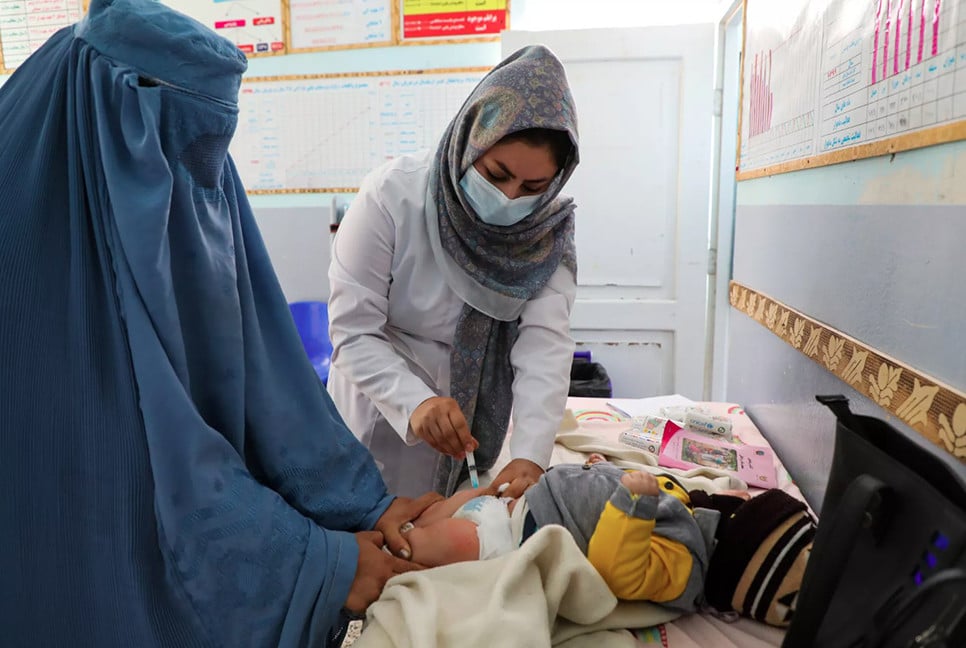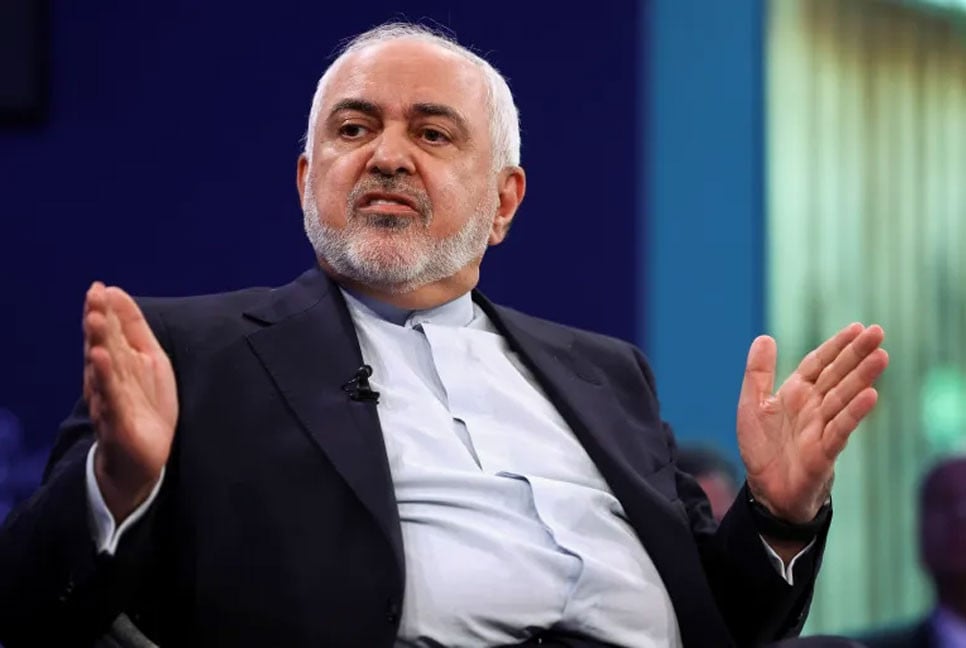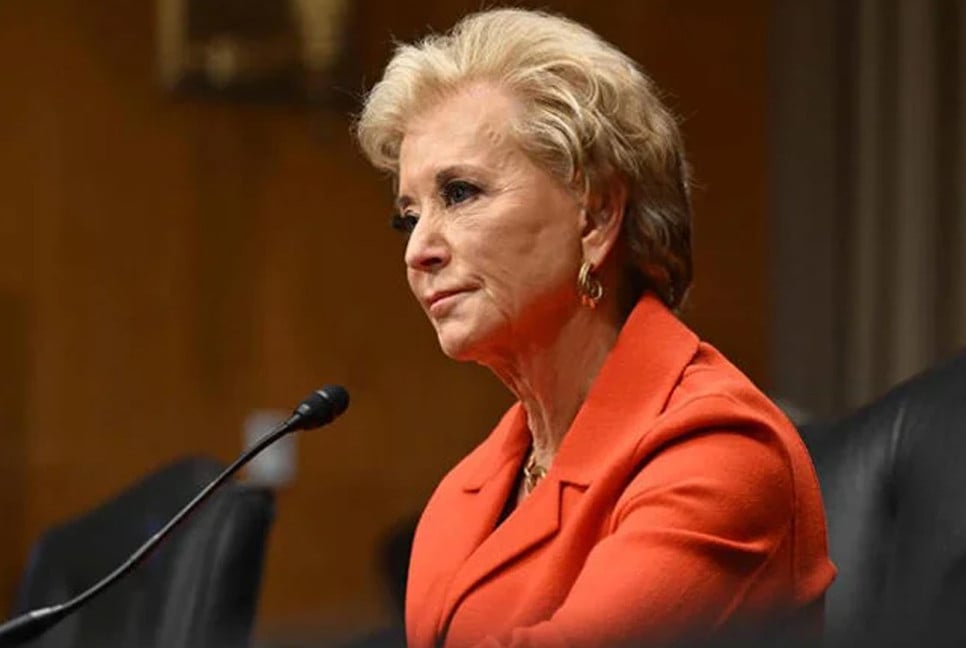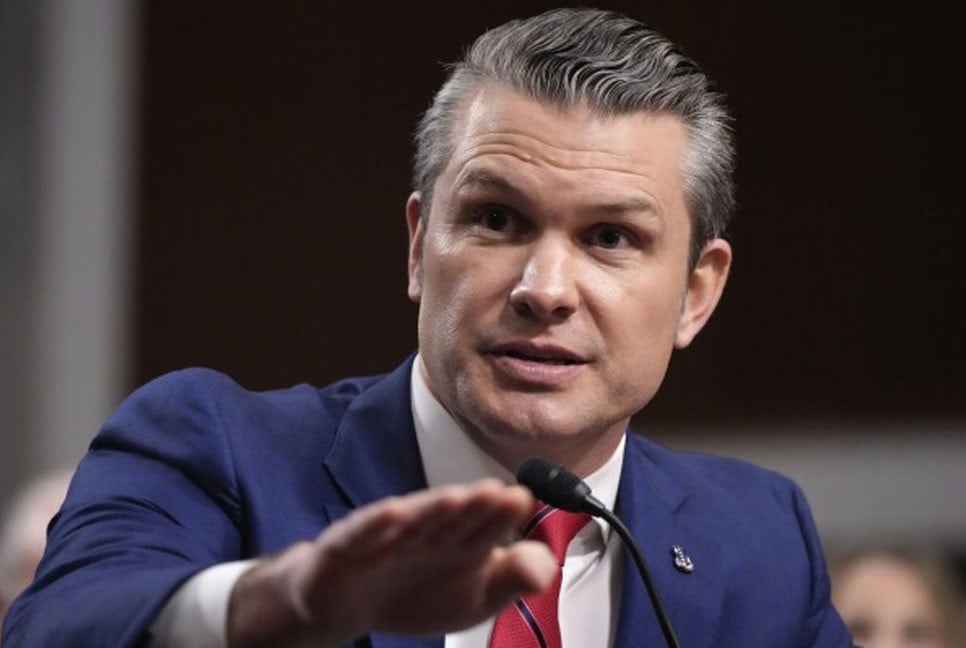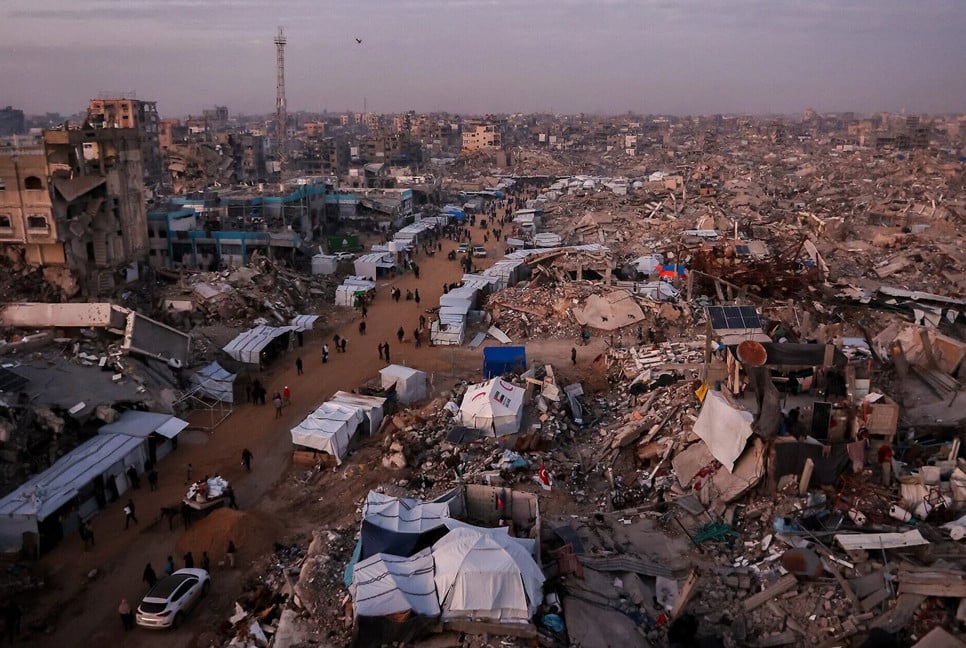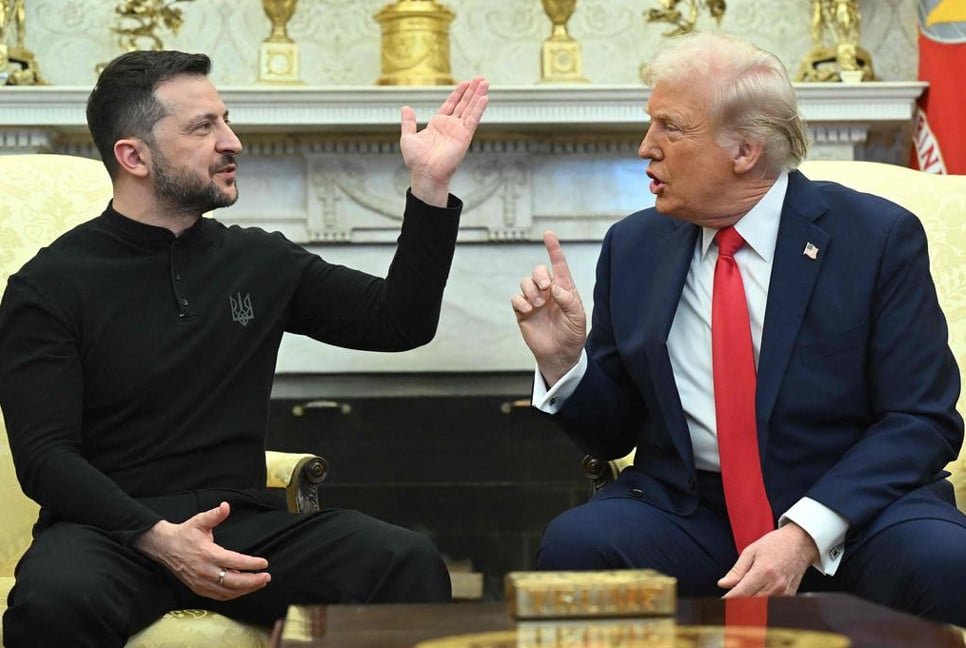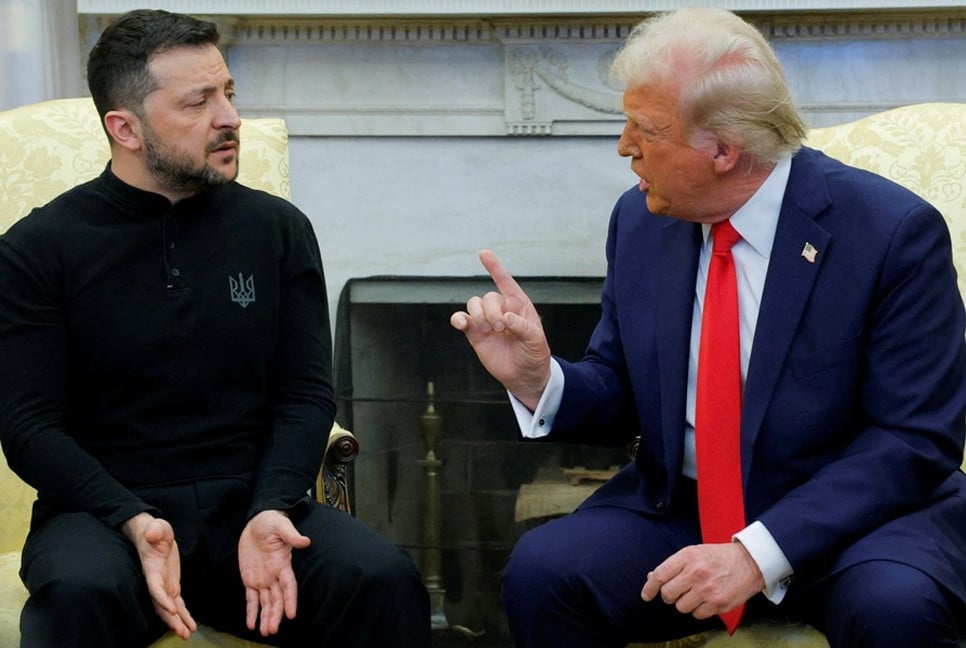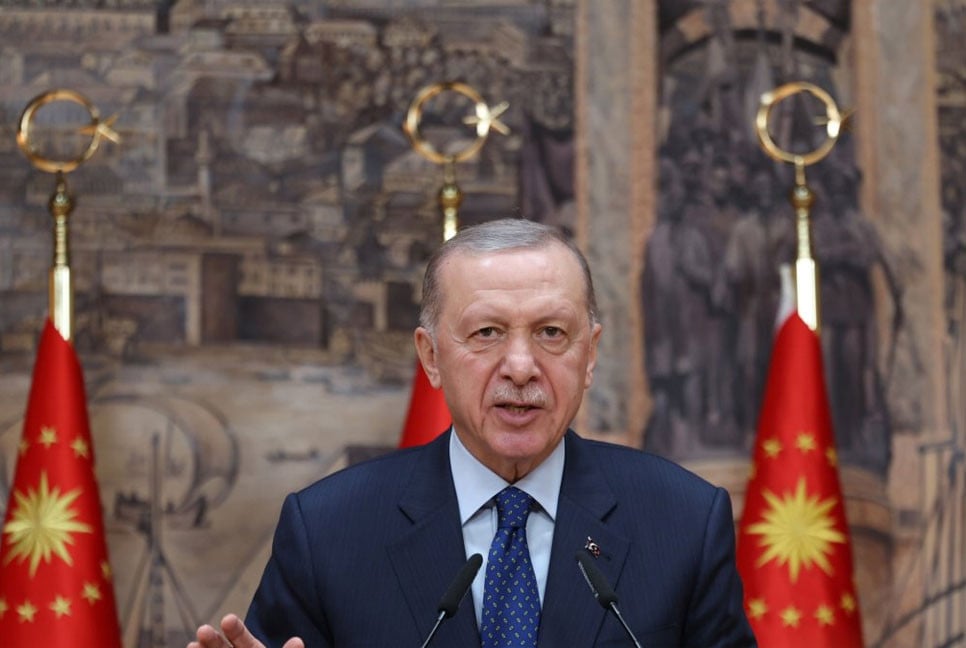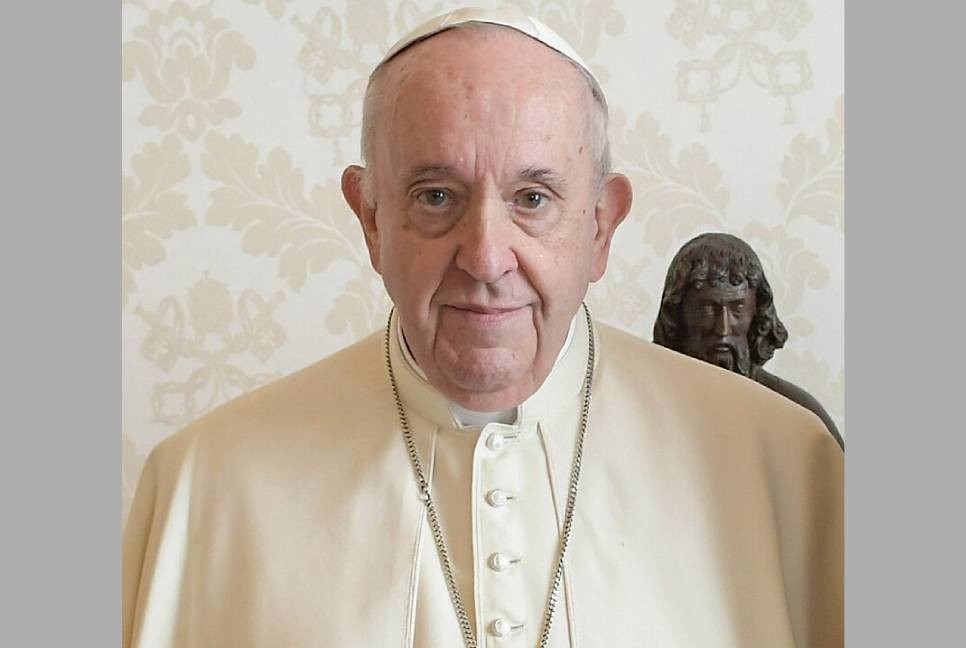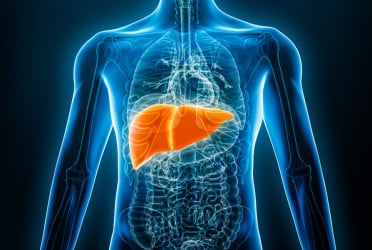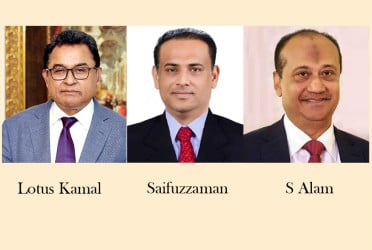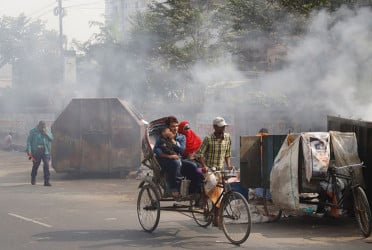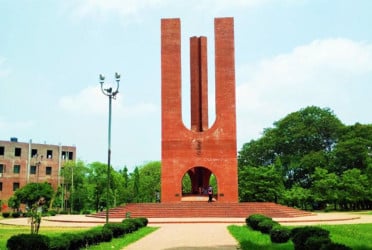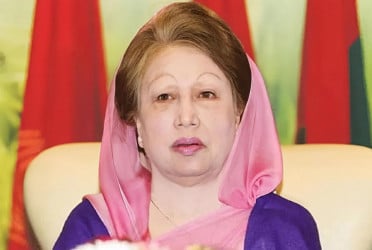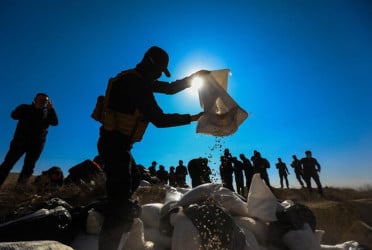Special Envoys and Representatives for Afghanistan from 13 nations, including the UK, US, and members of the European Union, convened in Geneva to address the escalating humanitarian and security crisis in Afghanistan under Taliban rule. Observers from the UN, World Bank, and Organisation of Islamic Cooperation also participated in the high-level meeting.
In a joint statement, the group on Friday (Washington local time) expressed grave concern over the Taliban’s recent ban on women and girls attending medical training institutions, a policy they warned would have catastrophic consequences for Afghanistan’s already fragile healthcare system. The decision follows a series of discriminatory edicts targeting Afghan women and girls, intensifying their exclusion from education, public life, and the economy.
“This new ban threatens the health and well-being of all Afghans, particularly mothers and children, and undermines critical healthcare infrastructure,” the representatives stated. They called for an immediate reversal of the Taliban’s repressive policies.
The group also condemned recent terrorist attacks in Kabul and the wider region, acknowledging Taliban efforts against ISIS-K while emphasizing the need for greater action to eliminate terrorism in accordance with UN Security Council Resolution 2593. They noted with concern the continued presence of terrorist groups operating freely within Afghanistan, posing a threat to regional and international security.
Long-term stability, they emphasized, depends on an inclusive political dialogue that leads to representative governance and adherence to international obligations. The envoys urged the Taliban to implement recommendations from the UN’s independent assessment and called for the swift appointment of a UN Special Envoy to facilitate peace and stability.
Humanitarian efforts were another focal point, with the group commending the work of the UN, international NGOs, and local organizations aiding vulnerable populations. They reiterated the importance of a unified humanitarian response, prioritizing women-led households, children, and minority communities.
Regional cooperation was highlighted as critical to countering threats like terrorism and illegal migration. The group applauded the engagement of Muslim-majority countries and the Organisation of Islamic Cooperation in advocating for women’s rights and access to education, encouraging continued dialogue with the Taliban.
The meeting concluded with an acknowledgment of Switzerland’s role in hosting the discussions and a commitment to reconvene in the near future to address Afghanistan’s ongoing challenges.
This joint declaration stressed the international community’s shared responsibility to support Afghanistan’s people while holding the Taliban accountable for its actions.
Bd-pratidin English/ Jisan

